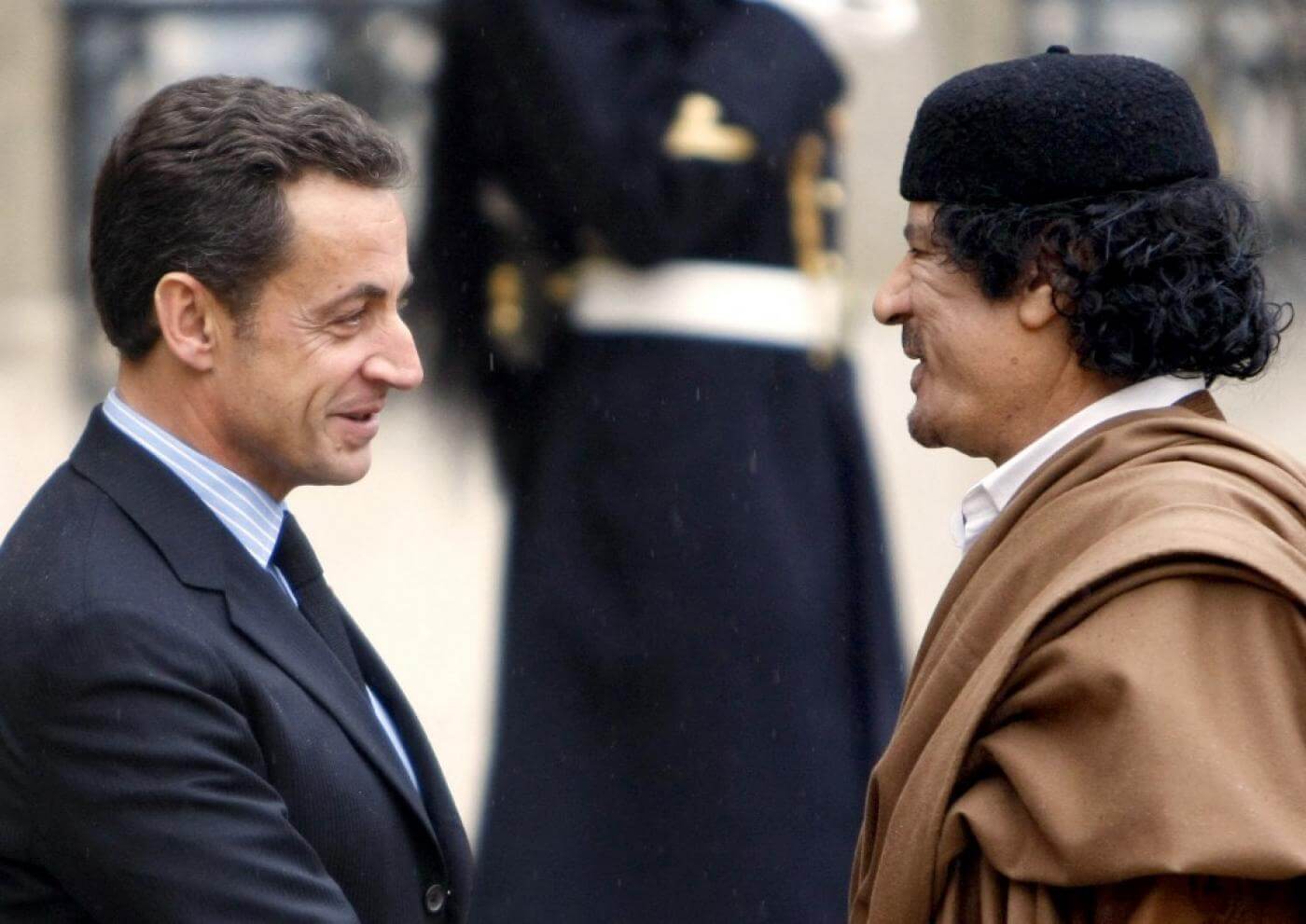The Paris Judicial Court released its decision on Tuesday to indict four French executives of Amesys and Nexa Technology for “complicity in acts of torture and forced disappearances and aiding authoritarian regimes in Libya and Egypt in suppressing political opposition.”
As per news reports, the Crimes Against Humanity and War Crimes unit of the Court last week indicted former Amesys chief Philippe Vannier, Nexa Technologies President Olivier Bohbot, Nexa Technologies Managing Director Renaud Roques, and former Nexa Technologies President Stéphane Salies for selling surveillance technology without the government’s approval.
The suit was filed by the International Federation of Human Rights (FIDH) and the French League for Human Rights (LDH) in 2011 after the Wall Street Journal (WSJ) published a report on a technology deal between a French company and former regime leaders. It sought to determine the role of French companies in the sale of internet surveillance technology that was used to spy on dissidents and eventually led to the torture and the disappearance of political opponents. Referring to that report, the FIDH and the LDF filed a suit to investigate the involvement of Amesys in the torture and arrest of the opponent of regimes in Libya and Egypt.
Clémence Bectarte, a lawyer for the FIDH, who also led the case, said: “These cases shed light on the necessity for governments to have stronger regulations and export controls over surveillance technologies with the potential to be used in human rights abuses.”
According to the WSJ report, Amesys sold ‘packet monitoring spyware’ to Muammar Gaddafi’s regime, which allowed them to spy on Libyans. With the help of the equipment, Gaddafi’s security services could intercept email and read online Facebook chats of its targets. Amesys had first signed an agreement with Libya in 2007 that included the sale of the Eagle interception system. Between 2013 to 2015, the French judge questioned at least six victims of espionage who were subjected to torture and arrest by the regime.
In 2014, Amesys, which was later renamed as Nexa Technologies, sold surveillance software to Egyptian President Abdel Fattah al-Sisi. In 2017, the FIDH and LDH and Cairo Institute for Human Rights Studies filed a suit with the Paris Public Prosecutor’s Office’s war crimes unit to investigate Amesys/Nexa for selling upgraded internet surveillance equipment to Sisi’s government in Egypt. The software, known as “Cerebro,” was capable of intercepting real-time messages and calls.
Amnesty’s Tech Director, Rasha Abdul Rahim, while hailing the indictment, said, “The indictments are unprecedented. When left unchecked, the activities of surveillance companies can facilitate grave human rights violations and repression, including the crimes of torture and enforced disappearance.” She also called for a “human rights regulatory framework that governs the sale and transfer of surveillance equipment.”
Similarly, Michel Tubiana, a lawyer and honorary president of LDH, welcomed the decision. He said, “We hope this long-awaited acceleration of the judicial process continues and the French authorities will take measures to prevent the export of dual-use surveillance technologies to countries violating human rights. This case shows that this has not been the case so far.”
The same suit is also investigating the sale of surveillance technology to Saudi Arabia. However, no comments over the specifics of the investigation were available.
French Executives Prosecuted for Complicity in Suppressing Opposition in Egypt and Libya
Paris Judicial Court indicted four executives of a French company for selling surveillance technology to the authoritarian regime in Libya and Egypt.
June 23, 2021

SOURCE: MIDDLE EAST EYE
